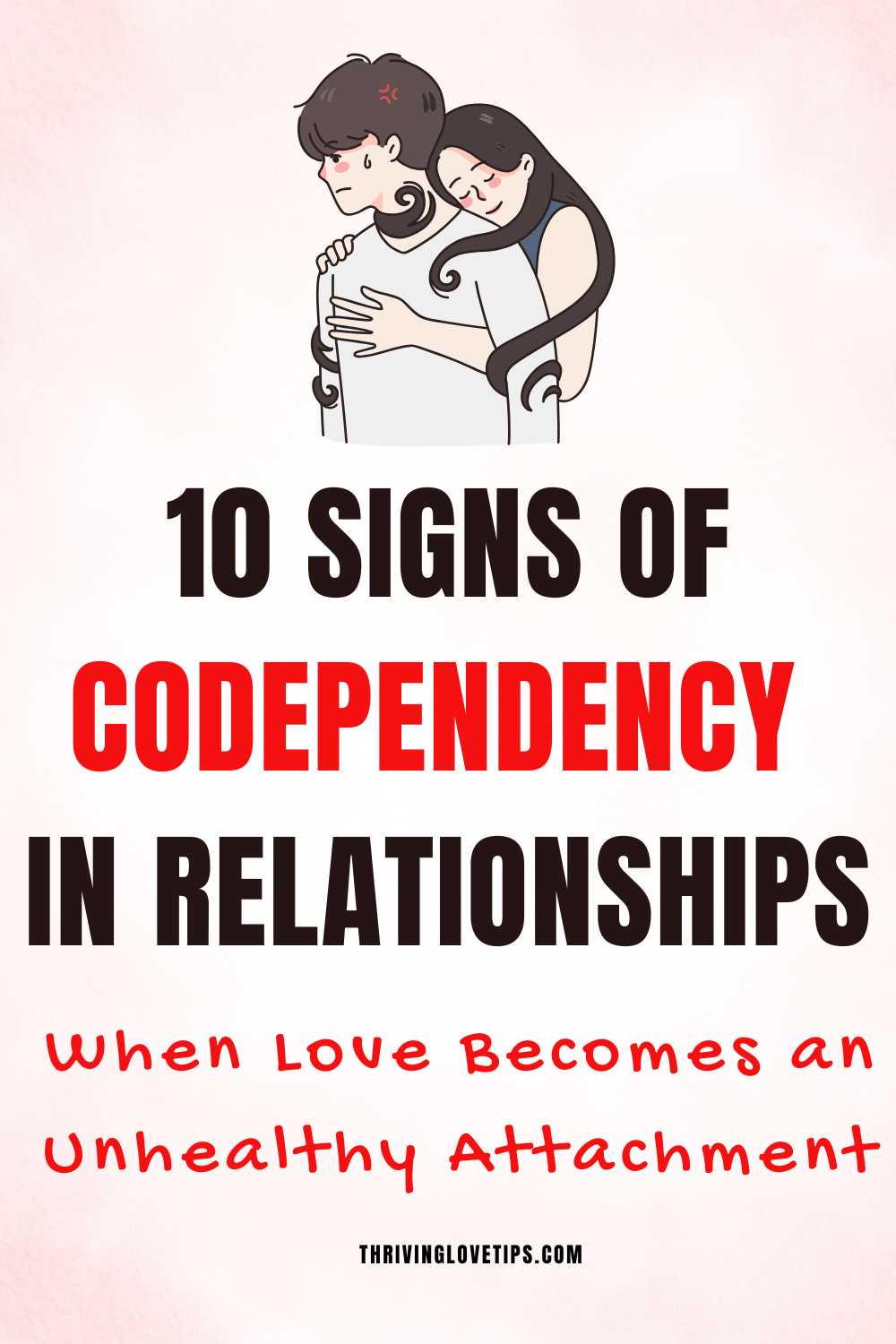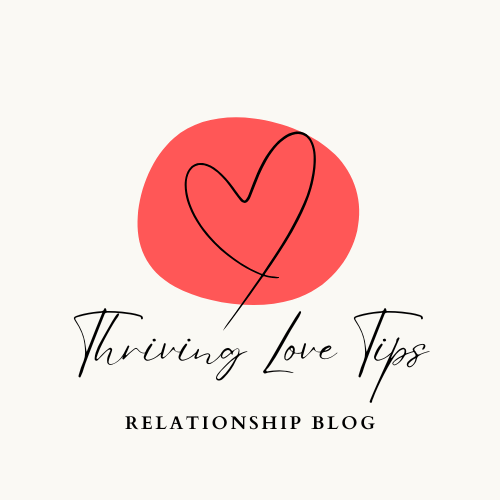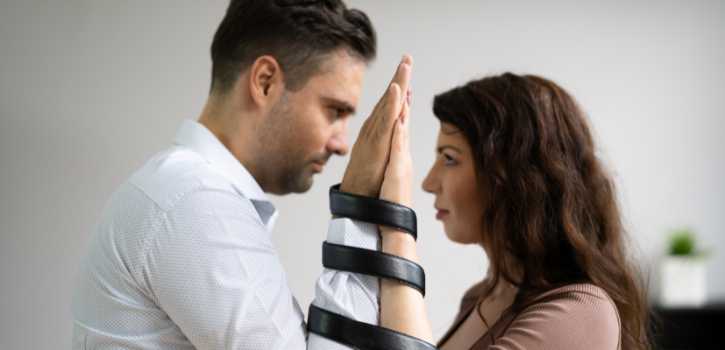I watched my coworker and friend, Sarah, slowly disappear into her relationship over the course of two years. She went from being this vibrant, funny woman with a million interests to someone who seemed anxious whenever her boyfriend Jake wasn’t immediately responsive to her texts, who canceled plans constantly, and whose entire mood depended on how things were going with him.
It took me a while to recognize what I was watching. Sarah wasn’t just in love; she was codependent. Now, as a married woman with two boys, I look back on what Sarah went through and feel grateful that I learned those lessons through observation rather than experience.
Here are the ten signs of codependency I witnessed in Sarah’s relationship, signs that helped me understand the crucial difference between healthy love and unhealthy attachment.

1. Her Mood Depended Entirely on Jake’s Mood
If Jake had a good day at work, Sarah would be bouncing around the office. If he was stressed or distant, she’d be withdrawn and anxious, unable to focus. It was like watching someone’s emotional state get hijacked in real time.
I remember one day we were supposed to go to a concert we’d had tickets for months. Jake called that afternoon, upset about something, and suddenly Sarah couldn’t enjoy the concert at all. She spent the whole night checking her phone, unable to be present even though there was nothing she could actually do to help him.
This went beyond normal empathy. Sarah had completely lost the ability to maintain her own emotional equilibrium when Jake was having a hard time. His feelings became hers, and she had no buffer between his emotional experience and her own.
2. She Couldn’t Make Decisions Without His Input
Sarah used to be so decisive. She knew what she wanted, made choices confidently, had opinions about everything. But the deeper she got into her relationship with Jake, the more she second-guessed herself about even the smallest things.
She’d ask me, “Do you think Jake would like this restaurant?” when we were planning lunch. She’d text him pictures of outfits before work events, asking which one he preferred. She turned down a promotion because she wasn’t sure if Jake would be okay with her working longer hours, even though they didn’t live together, and it wouldn’t directly affect him.
The sad part was watching her lose trust in her own judgment. She’d defer to Jake’s opinion on everything from what movie to see to whether she should take a weekend trip to visit her sister. It was like she’d forgotten she had her own preferences, her own wisdom, her own ability to make good choices for herself.
3. She Constantly Put His Needs Above Her Own
Sarah was always the first to cancel plans if Jake needed her. She’d bail on our girls’ nights if he had a bad day and wanted her to come over. She stopped going to her pottery class because Jake didn’t like that it was on Wednesday nights, which was apparently the one night he was most free. She even stopped training for her half-marathon because Jake felt like she was spending too much time on it.
At first, I thought maybe she was just prioritizing the relationship while it was new. But this pattern never stopped. A year in, two years in, Sarah was still automatically sacrificing what she wanted to accommodate Jake. And the more she did it, the more he seemed to expect it.
The heartbreaking part was that Sarah genuinely believed this was what love looked like. She thought putting Jake first in everything made her a good partner. But I could see it wearing her down, hollowing her out, leaving her with less and less of herself.
4. She Felt Responsible for Fixing All His Problems
Whenever Jake had an issue, Sarah made it her mission to solve it. He was stressed about a project at work? She’d spend hours helping him strategize, basically doing his job for him. He had a conflict with his roommate? She was drafting texts for him to send. He was struggling financially? She started picking up extra shifts to help cover his rent.
I tried to gently point out that these were Jake’s problems to solve, not hers. But Sarah couldn’t see it that way. She felt personally responsible for making sure Jake was okay, for smoothing out every bump in his road, for protecting him from any discomfort or struggle.
The worst part was watching how this dynamic made Jake increasingly dependent on her while simultaneously resentful. He’d gotten used to Sarah swooping in to fix things, so he stopped trying to solve problems himself. But he also seemed to resent her for it, like her helping made him feel incompetent.
5. She Couldn’t Say No or Set Boundaries
Sarah’s boundaries completely dissolved in this relationship. Jake would show up at her apartment unannounced, and even though I knew it bothered her, she’d never say anything. He’d make plans for them without checking if she was available first, and she’d cancel whatever she had scheduled. He’d criticize her friends or family, and she’d defend him instead of standing up for the people she loved.
I watched her set boundaries in her mind a hundred times. She’d tell me, “Next time he does that, I’m going to say something.” But next time would come, and she’d cave. The word “no” seemed physically impossible for her to say to Jake.
When I asked her about it once, she said she was afraid that if she set boundaries, Jake would think she didn’t love him enough. She equated saying no with rejection, with being mean, with risking the relationship. So she said yes to everything, even things that exhausted her, even things that violated her own values.
6. Her Self-Worth Was Tied to the Relationship
This was perhaps the saddest thing to watch. Sarah’s entire sense of identity and value became wrapped up in being Jake’s girlfriend. When things were good with Jake, she felt good about herself. When they were fighting or he was distant, she seemed to feel worthless.
She stopped defining herself by her accomplishments, her friendships, her interests. Everything became about the relationship. If someone asked how she was doing, she’d talk about how Jake was doing, how the relationship was going. It was like Sarah, the individual, had disappeared, replaced by Sarah-and-Jake as a unit.
I remember her telling me once, in tears, that she didn’t know who she’d be without Jake. They’d only been together for a year at that point. But she’d made him so central to her existence that the thought of being without him felt like losing herself completely.
7. She Enabled His Harmful Behaviors
Jake wasn’t a terrible person, but he had some problematic patterns. He’d drink too much and Sarah would make excuses for him. He’d treat her dismissively in front of his friends, and she’d laugh it off. He was chronically unreliable about following through on plans, and she’d just adjust her expectations rather than calling him out.
The most concerning was how he’d blow up at her over small things, say cruel things in anger, and then apologize the next day. Sarah would always accept the apology and move on, never requiring that the behavior actually change. She told herself that his childhood was rough, that he was working on his anger, that she needed to be patient and understanding.
But by never holding him accountable, by always cushioning the consequences of his behavior, Sarah was actually preventing Jake from growing or changing. And she was teaching him that he could treat her however he wanted as long as he said sorry afterward.
8. She Had Difficulty Expressing Her Own Needs and Feelings
Sarah became an expert at reading Jake’s moods and needs, but she completely lost touch with her own. If I asked what she wanted to do for her birthday, she’d say, “Whatever Jake wants to do is fine.” If I asked how she was feeling about something, she’d tell me how Jake felt about it instead.
She’d become so focused on managing Jake’s emotions and needs that she had no access to her own anymore. When she did express a need or preference, she’d immediately qualify it with “but it’s not a big deal” or “I don’t really care that much.” She’d learned to make herself small, to minimize her own experience, to pretend she didn’t need anything.
The few times she did try to express a genuine feeling, especially a negative one, Jake would get upset, and Sarah would immediately backtrack, apologizing for making him feel bad. She learned that her feelings were problems to be hidden rather than valid experiences to be shared.
9. She Was Terrified of Abandonment
This fear drove everything Sarah did in her relationship. She was constantly anxious that Jake would leave, reading threats into every small thing. If he didn’t text back right away, she’d spiral, convinced he was losing interest. If he seemed distant, she’d panic and try to figure out what she’d done wrong.
This fear made her tolerate treatment she never would have accepted otherwise. She stayed through multiple breakups and reconciliations, through times when Jake was clearly pulling away, through behavior that her friends all told her was unacceptable. Because in Sarah’s mind, being with Jake, even in a painful relationship, was better than being without him.
She told me once that the idea of Jake leaving made her feel like she couldn’t breathe, like her life would become meaningless. It wasn’t just sadness about losing someone she loved. It was a deep terror that she literally couldn’t survive on her own.
10. The Relationship Became Her Entire Life
This was the most visible sign to those of us who knew Sarah before Jake. She let all her friendships fade except for surface-level work relationships. She stopped doing pottery, running, and reading, all the things that used to bring her joy. She rarely did anything independently. Her whole life revolved around Jake’s schedule, Jake’s needs, Jake’s preferences.
When we’d try to make plans with her, she’d always have to check with Jake first, even if it was weeks away. She turned down a girls’ trip because Jake felt uncomfortable with her going away for a weekend. She missed her best friend’s wedding shower because Jake wanted her at his company picnic instead.
By the time I started writing this, Sarah had effectively isolated herself. She had no hobbies, no independent social life, no goals that were hers alone. The relationship had consumed everything else, and she’d let it happen because she thought that’s what love required.
Read also What Is a Hopeless Romantic? My Best Friend Taught Me the Real Meaning
What Happened to Sarah
Sarah and Jake broke up about six months ago, and she’s been rebuilding a life and identity she’d completely abandoned. She’s in therapy now, working on understanding her codependency patterns. She told me recently that she can see how unhealthy it was, but she didn’t know how to be in a relationship any other way.
Watching Sarah taught me so much about the difference between healthy love and codependency. In healthy relationships, two whole people choose to build something together while maintaining their own identities, friendships, and interests. They support each other without taking responsibility for each other’s emotions. They can say no and set boundaries without the relationship falling apart.
Codependency is about merging so completely that you lose yourself. It’s about making another person responsible for your worth and happiness. Despite how romantic our culture makes it sound, it’s not love; it’s dependency.
If you recognize yourself in these patterns, please know that codependency isn’t a life sentence. With awareness, support, and work, you can learn healthier ways of being in relationships. Sarah is doing that work now, and she’s starting to remember who she was, starting to believe she can be whole on her own.
You deserve to be fully yourself within a relationship, to be loved for who you actually are, not for how well you can disappear into someone else.




